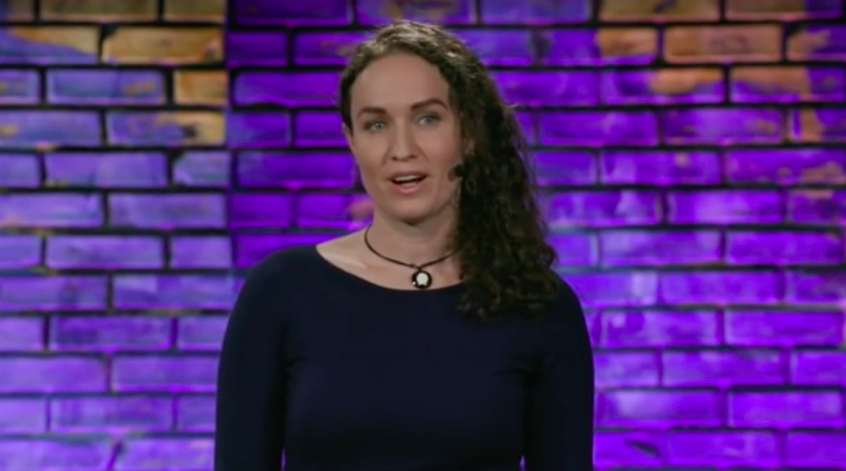
Megan Phelps-Roper grew up in the fundamentalist Westboro Baptist Church but defected in 2012 at the age of 27. She says the experience was "abusive" and that she no longer believes in God.
Appearing in an interview with KBMC News, she said her upbringing in the church was "religiously rigid and, at times, physically abusive".
The church is based in Topeka, Kansas, where it was founded by her grandfather, Fred Phelps, in 1955. It is notorious for its offensive placards, and derided by both Christians and non-Christians alike for picketing funerals, most especially those of deceased soldiers.
Reflecting on her experience of growing up in the church, she said: "It was abusive – there's no question in my mind it was. Gramp's policy was to beat first, ask questions later."
Attempting to explain the picketing, she said: "We thought it was our duty to go and warn people of the consequences of their sins, and I understood that to be the definition of loving our neighbour."
"We would always say the sign doesn't say anything about our personal hatred as human beings – it's talking about the hatred of God."
Her own faith, though, started to unravel as a result of what she was seeing and reading on social media. Up until that time, she says her belief system had been "steadfast" and "hardcore".
But then she started to question everything and had the "staggering" realisation that she didn't believe any of it anymore.
"The way it came into my mind was, 'Oh my God, what if we're just people? What if this isn't the place led by God himself?'" she told KBMC.
"And that realisation was staggering and completely destabilising."
Asked about where she stands with faith now, she said that although she has some kind of belief, it's definitely not in God.
"I don't believe in God anymore," she said.
"I don't like to say I'm not a believer because I still feel like a believer in a lot of things, primarily hope and grace and the power of human connection."
When the interviewer clarified whether this meant not being a believer in God, she answered: "No."













